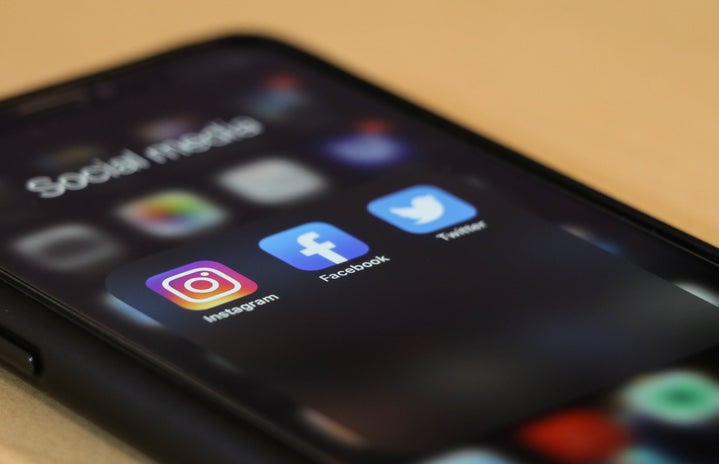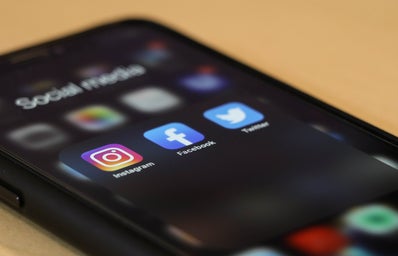It would not be controversial to say that most people have at least one social media app downloaded on their phone. With so many to choose from, like TikTok, Instagram, Snapchat, and X, the screen times of social media users around the world have skyrocketed. While most initially download these apps for entertainment, it is easy to find yourself on the negative side of what had been your favorite app to unwind on after a stressful day. Hateful posts and cruel content can make their way onto a FYP before the user has even considered the potential impacts. Having experience with these types of videos and being aware of the effects they can have on mental health, I have found effective ways to protect myself from them. I hope you find these five tips helpful in protecting your own mental health online.
- Limit Your Screen Time
-
This may seem obvious, but one of the best ways to protect your mental health from the negativity of social media is to simply spend less time doomscrolling. Instead of spending hours mindlessly going through posts, try to only use these apps for twenty to thirty-minute intervals about three times a day. Also, if you find yourself unable to turn off your phone at night, set a specific time for yourself when your phone needs to be turned off. Set a reminder on your phone or just mentally will yourself to put it down; if you do it enough, it will eventually become routine.
- Block People (It’s Ok)
-
Sometimes, people online can just be insufferable. They know that no one can really do anything to them since they’re behind a screen, and this empowers them to leave hateful comments on people’s posts and to post things themselves that most people would never think about posting. It’s 100% acceptable and encouraged to block these types of people to protect yourself. Don’t view blocking someone as being “weak” or “sensitive”; if what they say upsets you, you should do what you need to so they can’t get to you again.
- Make No-Phone Zones
-
As a college student, it is easy for me to turn to my phone during any downtime I have between classes, assignments, and meetings. To reduce my screentime, I try to establish boundaries that specify certain times and places where I don’t look at my phone at all. For example, when I’m eating in the dining hall with a friend, I try not to pick up my phone or scroll through apps mindlessly like I do when I’m alone. This will allow for more meaningful conversations between yourself and others, and you likely won’t even think about picking up your phone!
- Don’t Compare Yourself
-
It’s been said by many before, and I’m going to emphasize it again: social media is a highlight reel of people’s lives. Most of the influencers who post themselves receiving expensive gifts and going on lavish vacations do not live like that every day; they are simply picking which parts to show others to make their lives seem glamorous. When you see this kind of content, make sure to remind yourself that the creator’s life does not look like that every day, and don’t compare your life to theirs because you think they have it better.
- Rearrange Your Home Screen
-
I used to be guilty of having TikTok, Snapchat, and Instagram on the main page of my home screen, and I would immediately open one of them the moment I unlocked my phone. To avoid this, making folders for social media apps and moving them off the home screen will likely help to reduce your usage of the app over time. Not seeing the app as soon as you open your phone will make you less likely to gravitate toward it, and you will use your phone for things that don’t involve those addictive apps.
Social media is both a blessing and a curse. It can serve as a platform that allows people to share ideas, talents, and positivity. However, it can also make it easy for cruel people to spread hate and for users to feel insecure about what they do or don’t have. In the end, I hope that these tips are helpful and allowing you to enjoy the positivity that social media has to offer while protecting yourself from its potential harms.


